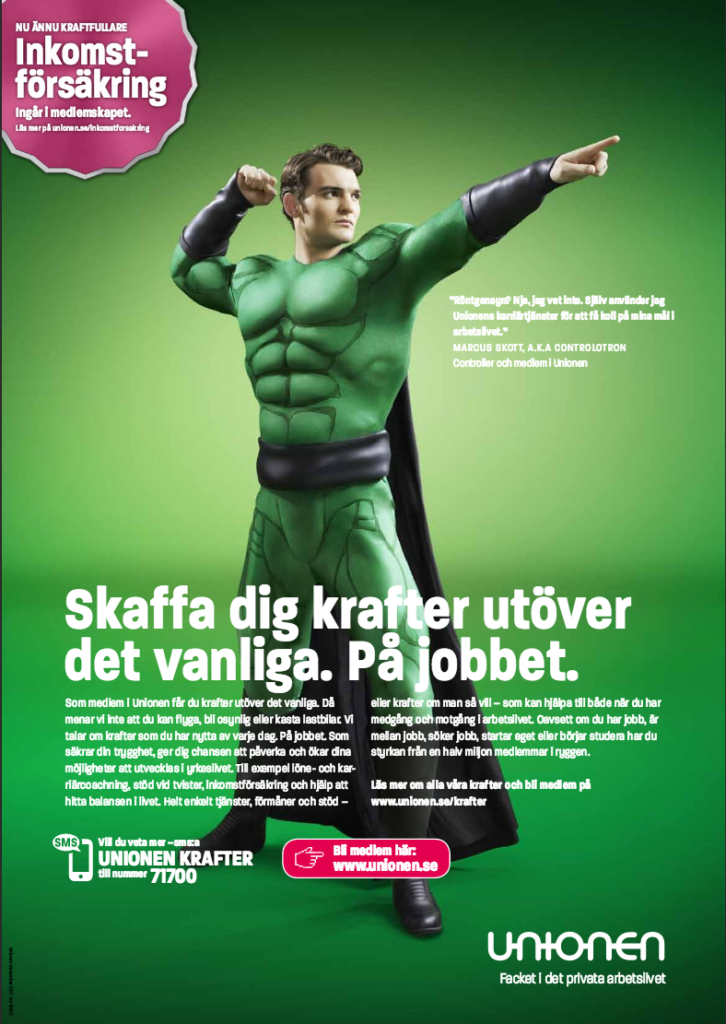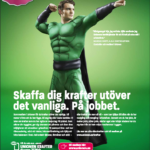3 December, 2015With membership levels dwindling, Swedish trade union and IndustriALL affiliate Unionen was faced with a challenge – organize or die.
The Swedish model, where employers and unions work most of the time in consensus, has reigned supreme since the 1940s. But even with a strong union tradition, the last decades have seen a steady decline in union membership.
Unionen was losing members and estimates for the future indicated a continuing trend. In 2010, Unionen’s executive committee made a clear and concise decision – by 2015 membership must increase by 100,000 to a total of 600,000.
“We couldn’t continue the way we had and the argument was turned around. There was no more talk about how we could adapt the organization to a decreasing membership; instead we needed to organize and grow,” says Martin Linder, president of Unionen.
The organization focused on asking the question “do you want to become a member of Unionen?” Martin Linder says that often the question was not even asked in the workplace.
“We needed to involve the entire organization in creating a culture where this became the most important question to ask. Unionen can offer the best membership in the world, but if no one knows about it we won’t survive.”
For a large part of the workforce in Sweden, work is not associated with major problems. Unionen wanted to move the union’s image from problem solving to improvement provider. By showing the benefits of a union membership, such as reduced fees, career coaching, and additional unemployment benefits for members only, Unionen has focused its message on social media. The top hit when googling “labour market” in Swedish (arbetsmarknad) is Unionen.
Unionen has also received a lot of attention for its more traditional marketing – commercials featuring superheroes.
Describing what Unionen has done to increase their membership is a challenge in a global perspective.
“We make commercials with superheroes and in other countries trade union leaders are jailed for their struggle,” says Martin Linder.
“Even though we resorted to somewhat unconventional measures in the trade union world like commercials featuring superheroes, I think that many unions around the world can relate to the challenge we were facing – organize or die.”
The organizing drive has created a lot of discussion, both internally in Unionen and among other Swedish unions.
“The most important lesson in this is that you have to do it your way. What works in Sweden, a stable democracy with nine million residents, may not work elsewhere.”
Unionen plans to continue to grow. There are 1.3 million non-manual workers in Sweden – one third are members of Unionen, one third are members of another union, and one third are not unionized.
“We have learned a lot these last five years and we definitely haven’t finished! Our vision is that all non-manual workers should be members of the same union,” says Martin Linder.
As in the rest of the world, precarious work is increasing in Sweden. Unionen is discussing ways to organize workers without permanent employment and to conclude collective agreements that provide security for this group.
“We can’t just ignore that part of the labour market; if we don’t organize contract workers we will lose legitimacy and credibility.
“The form of employment is less important, we want them to be members of Unionen,” concludes Martin Linder.


